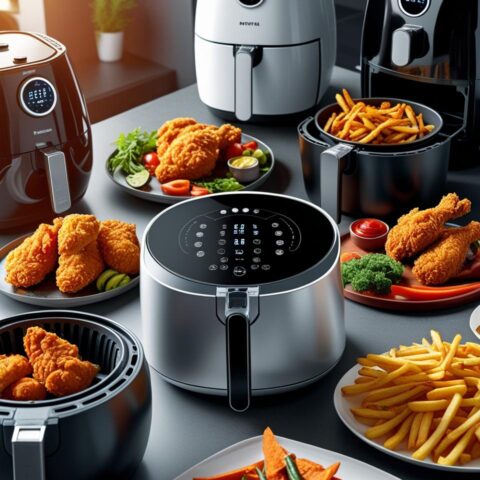In the restaurant industry, food waste poses both an ethical and economic challenge. Some food waste is inevitable; ingredients go bad early, accidents happen, and customers don’t finish their meals. However, the issue happens on a much larger scale than is necessary. Implementing effective strategies for reducing waste can not only contribute to a more sustainable planet but also boost your bottom line. Here, we explore actionable tips for managing food waste at your restaurant, ensuring you can operate more efficiently and responsibly.
Ladle of Contents
Conduct a Waste Audit
Start by getting a clear picture of where and how waste occurs in your establishment. This requires observing and recording all food that gets thrown away over a specific period. Identify patterns and pinpoint the largest areas of waste, whether it’s unused inventory, spoilage, or unfinished meals. Understanding these patterns is your first step toward crafting a waste-reduction strategy that hits the mark.
Engage and Train Your Staff
Your staff plays an important role in reducing food waste. Engage them with regular training sessions on new waste reduction practices and techniques. Make sure everyone understands the importance of portion control, proper storage, and rotation of ingredients. Creating a culture that values sustainability can inspire your team to come up with innovative ways to minimize waste.
Foster Relationships With Food Donation Programs
Connect with local food donation programs to give unused food a second life. You can donate many nonperishable and unspoiled perishable foods to local food banks, shelters, or community programs. Not only does this help manage waste, but it also supports your community and builds a positive brand image.
Optimize Dumpster Usage
Your restaurant needs its dumpster to get trash out of the building and ready for pickup, but are you letting opportunities to reduce waste get away? For example, are you separating recyclables and compostables from the actual waste? Doing this limits the volume that ends up in the landfill—this is a great way to reduce waste and make your dumpster last longer. Training staff to differentiate between types of waste can significantly decrease the amount of general waste and potentially lower disposal costs.
These effective tips for managing food waste at your restaurant are key to running a successful, responsible business. Ultimately, every small step toward waste reduction can lead to big changes, both for your restaurant and for the planet.








